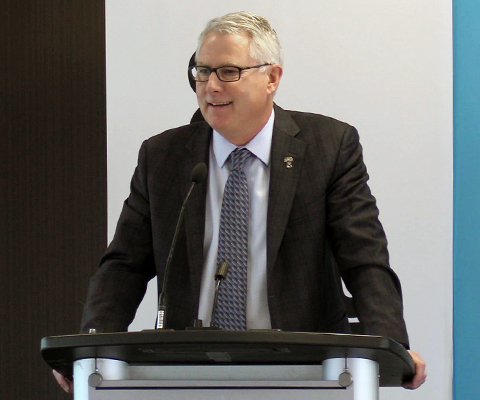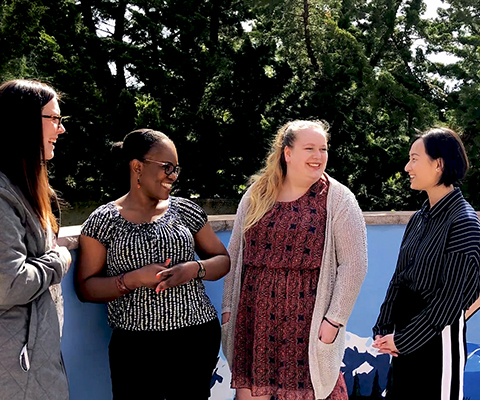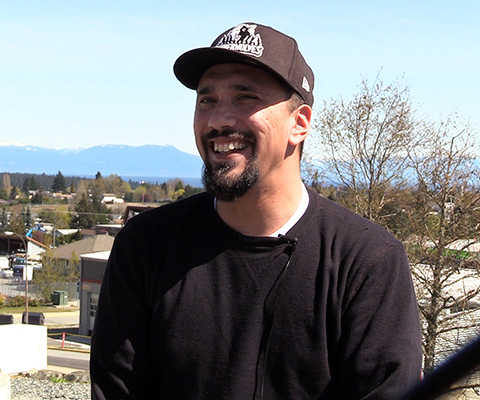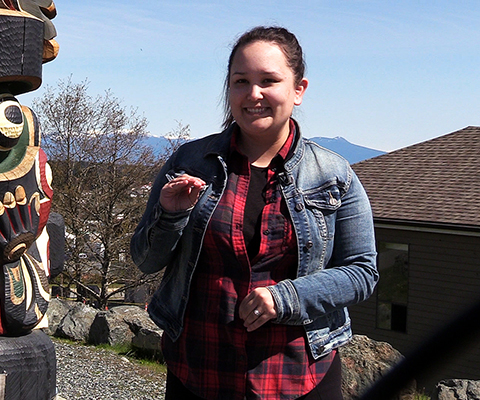Indigenous student success
Mike DeGagné, president, Nipissing University:
I’m a believer in the notion that there’s all kinds of people who can help in the indigenisation of an institution, and it’s not just new Indigenous professors or scholars, that there are plenty of our – of our own faculty now who are deeply interested in Indigenous issues.
And I think by indigenising the institution and welcoming their contributions, I think it gives them a sense and encourages them to continue to do the good work they do.
Like many of Canada’s universities, we’ve done a very good job with that.
We – at Nipissing, we have of course a centre.
You have to have a place for – that coordinates all the activity for Aboriginal students, so around that centre you build a variety of programs, some that reach to the – to the new students who are arriving to make sure they’re properly prepared, some that reach back – back into the high schools and even the grade schools, so that young Aboriginal students can feel, let’s say, from an Aboriginal grade school or an Aboriginal high school, that they belong at the university, that this is something that they can aspire to.
Everyone has a role to play in indigenizing university campuses and ensuring Indigenous students feel like they belong, says Mike DeGagné, president and vice-chancellor of Nipissing University.
Tagged: Indigenous education, Strong and inclusive communities



